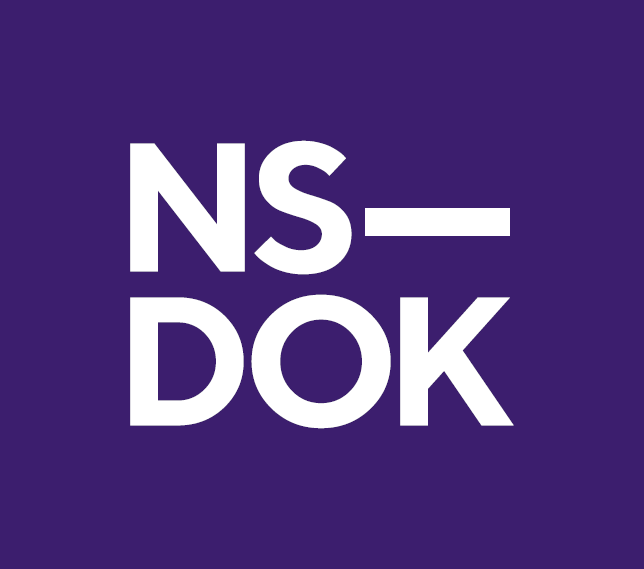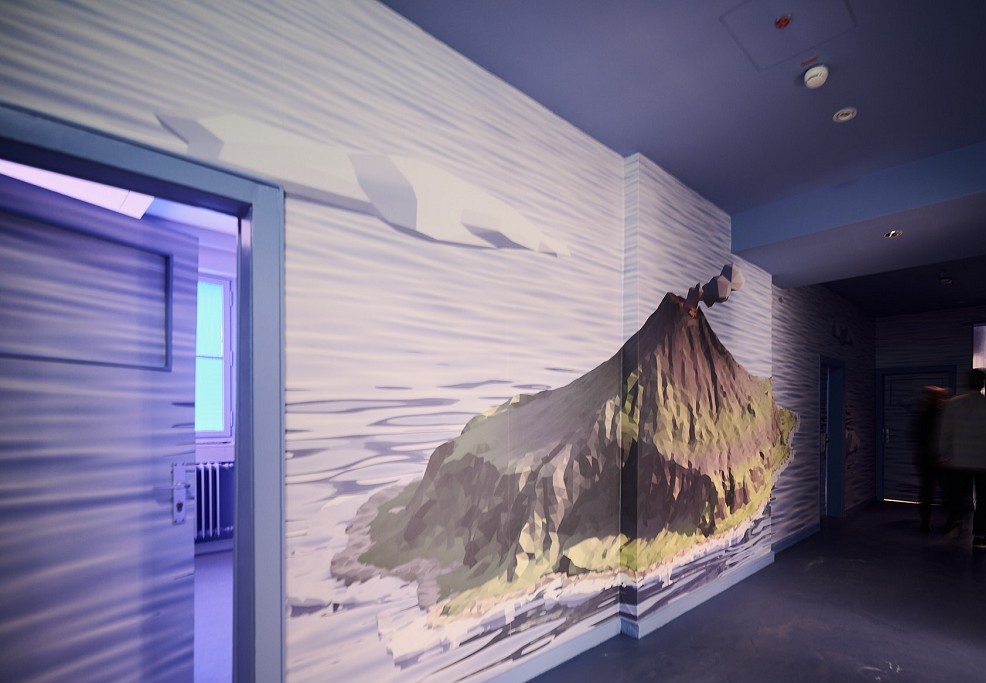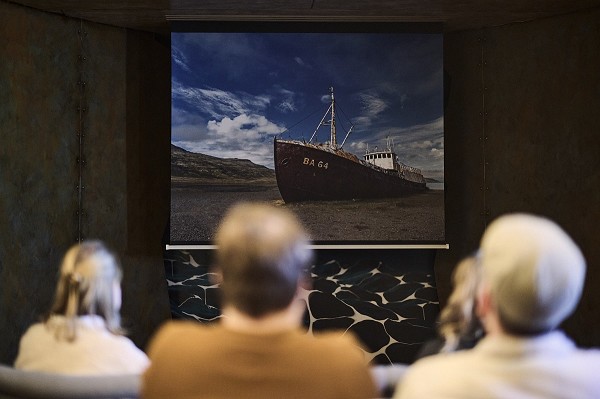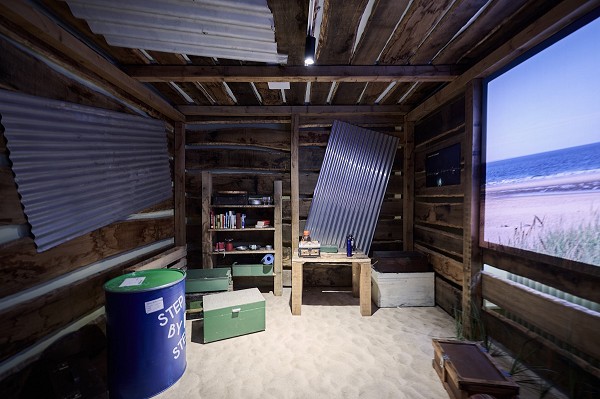Remote Island
Welcome to Remote Island - probably the remotest island in the world!
Stranded on an island after a global apocalypse, the players have to complete various tasks working independently in small groups - without teachers. The tasks involve five themed areas: culture, food, housing, protection and work. By facing challenges in the relevant rooms and answering stimulating, decision-making questions, the participants must deal with how living together on Remote Island can be organised.
The players discuss their results and positions as members of the island's council. They make mutual decisions about the relevant issues and draw up their own island agreement. In the concluding reflection phase, the experiences and lessons learnt from the game are related to the participants' lives.
How do they see their respective roles as individuals and how do they describe the decision-making processes within their groups? What could be passed on from the game to the conditions in our society and how can they be scrutinised as a result? Where do the participants see opportunities for democratic participation and involvement in their everyday lives?
Duration
3 hours
Costs
School classes: € 90
Students & Youth groups: € 150
Adults: € 225
For whom
This workshop is suitable for school classes from year 9 upwards as well as adult groups of at least 15 to a maximum of 35 people. All of our educational tours are free of charge for schools based in Cologne. Additional fees apply on weekends and public holidays.




